Post Capitalist Philanthropy
by Alnoor Ladha and Lynn Murphy
"Post Capitalist Philanthropy: The Healing of Wealth in the Time of Collapse" by Alnoor Ladha and Lynn Murphy is a provocative and insightful exploration of the current state of philanthropy and its potential role in transitioning towards a post-capitalist future.
The book begins by highlighting the inherent paradox of philanthropy: an industry built on wealth accumulated through an extractive, destructive system, attempting to solve the very problems it creates.
Part One delves into the deep logics of neoliberalism, revealing how it shapes both the global economic system and the philanthropic sector. It exposes the five key tenets of neoliberal ideology:
- Human selfishness and competition: The belief that humans are inherently egoistic and competitive.
- Inevitability of hierarchy: The belief that hierarchy is necessary for social order.
- Primacy of the individual: The emphasis on individual autonomy and responsibility.
- Material wealth as virtue: The association of wealth and power with goodness.
- Separation from nature: The belief that humans are separate from and superior to the natural world.
The authors then dissect the philanthropic sector, revealing its four main shadows:
- Success as wealth acquisition: The idea that those who are wealthy are inherently wise and capable of directing wealth for good.
- Measurement and quantification: The reliance on metrics to control, justify and quantify philanthropic investments.
- Entitlement to give: The belief that giving is a right derived from wealth accumulation.
- Perpetual growth: The focus on expanding endowments and institutional power as a measure of success.
Part Two explores the Just Transition (JT) movement, a growing force for change within philanthropy, aiming for a more equitable and sustainable future. However, the authors argue that the JT movement primarily operates within Horizon 1, focusing on reforming existing structures without fundamentally challenging the underlying logics of capitalism. They call for Justice Plus Onto-Shifts, a deeper transition that requires a shift in our ways of seeing, knowing and being in the world.
Part Three shifts from a pyramid logic of hierarchy to a more biomimetic spiral logic, highlighting the interconnectedness of all beings and systems. The authors introduce the Five Elements Mandala as a framework for exploring potential pathways towards post-capitalist philanthropy, emphasizing:
- Restoration and Solidarity: Addressing historical injustices and rebalancing right relationships.
- Transformation and Creation: Building and catalysing new-ancient-emerging ways of being.
- (Re)Cultivation of Life-Force: Healing the traumas of capitalist modernity and reconnecting to the vitality of the living world.
The authors argue that philanthropy can serve as a biome, uniting social ecologies and fostering an ecological transition. They advocate for:
- Shifting decision-making: Empowering communities and activists to direct funding.
- Deepening trust: Moving towards trust-based philanthropy with long-term support.
- Shifting resources and endowments: Transferring assets to communities for self-determination.
- Shifting time horizons: Embracing spend-down and spend-in models to accelerate wealth transfer and reparations.
Part Four encourages readers to walk into the unknown, embracing surrender, traversing thresholds, and (re)entering the continuum of life. The authors highlight the importance of:
- Surrendering control: Letting go of the need for certainty and embracing uncertainty.
- Traversing thresholds: Moving beyond binary thinking and embracing complexity.
- (Re)entering the continuum: Connecting to the interconnectedness of life and death, embracing a more animistic worldview.
Ultimately, "Post Capitalist Philanthropy" is an invitation to rethink our relationship with wealth, power and the living world. It encourages us to step out of the dominant paradigm, embrace other ways of knowing, and cultivate practices of humility, generosity, and interconnectedness. The authors do not offer simple solutions, but rather, a powerful call to action and a blueprint for a more just, sustainable, and beautiful future.
